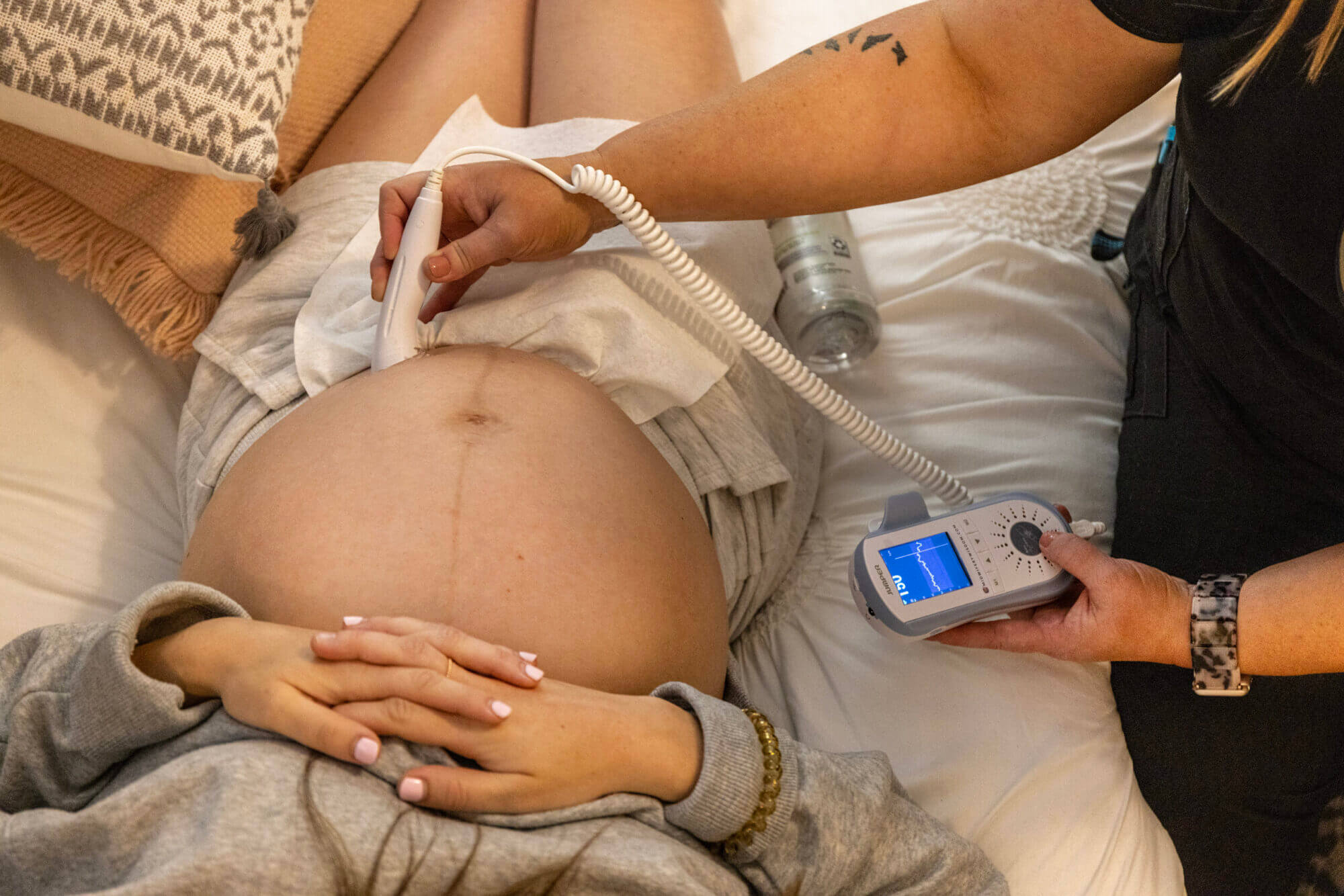

Mississippi earned an ‘F’ grade for its rate of preterm births in 2024, according to the 2025 report card from the March of Dimes. The state has failed every year since the March of Dimes, a national nonprofit aimed at improving the health of mothers and babies, began issuing state report cards in 2008.
With 15% of all births in the state happening before 37 weeks gestation, Mississippi’s preterm birth rate is the worst in the country. Last year, 5,017 babies in the state were born preterm, which the report attributes to policy decisions, chronic diseases and lifestyle choices. Policy decisions include the state’s failure to expand Medicaid and adopt paid parental leave policies.
Any state with a rate greater than 11.5% also received an ‘F.’ The U.S. average is 10.4% – the same as the year before and a full percentage point higher than the 2030 Healthy People target goal set by the federal government to reduce infant sickness and death.
“I think the fact that Mississippi continues to get this grade really speaks to how challenging this problem can be and how difficult some of the underlying causes are,” said Dr. Michael Warren, chief medical officer of March of Dimes. “One of the things that jumps out to me when I look at the Mississippi report card is the high rate of chronic diseases. We know that the health of women before they ever become pregnant has an important influence on that pregnancy and outcomes for both mom and baby.”

Compared to national averages, pregnant Mississippians are more likely to smoke, have high blood pressure and maintain an unhealthy weight, all of which contribute to preterm births, according to the report. Mississippi’s rate of diabetes in pregnant women – another significant contributing factor to preterm birth – is in line with the national average, the report found.
Preterm birth is the leading cause of infant death, and Mississippi also leads the nation in this grim statistic. In August, the state Health Department declared a public health emergency over the state’s infant mortality rate. State lawmakers have held several hearings on the issue in recent weeks, even entertaining the possibility of no-strings-attached cash assistance to new mothers to address the crisis.
Counterintuitively, the report showed more women in Mississippi received adequate prenatal care than those nationwide. While Mississippians consistently visited their health care providers during pregnancy, Warren said high rates of chronic diseases and lifestyle choices undermined those gains.
“Even with the best prenatal care, even with getting all the recommended visits, if women are coming in sicker and with more chronic disease, we’re really starting from a deficit,” Warren said.
Preventing chronic diseases before pregnancy requires having health insurance well before conception. But Mississippi’s Medicaid program, which has among the strictest eligibility requirements in the nation, does not insure childless adults. Parents must earn less than 22% of the federal poverty level, which amounts to less than $500 per month for a family of three to be eligible. Those requirements are more lenient during pregnancy, meaning many women only qualify for health insurance once they become pregnant.
And even when women are going to regular check-ups, long driving times and concerns about additional costs mean some women don’t seek care between scheduled visits, explained Dr. Rashad Ali, a Laurel-based obstetrician who has made it his mission to serve uninsured and underinsured women. Something as simple as an untreated urinary tract infection can lead to an intrauterine infection, which may account for up to 40% of preterm births, research shows.
“Cervical infections, urinary tract infections – any infections like that – we know that if you treat them, that will reduce your risk of preterm labor,” Ali said.
Mississippi isn’t alone in the crisis. Half of all U.S. states received a ‘D’ or an ‘F’ for their preterm birth grade, and a third of the 100 U.S. cities with the greatest number of live births received an ‘F.’
Mississippi, Louisiana and Alabama are the only states to fail the report card every year, according to March of Dimes.
In 2023, the Mississippi Legislature extended pregnancy-related Medicaid coverage to 12-months postpartum, one of six policy recommendations by March of Dimes. The state also passed mandated mental health screening and reimbursement for those services and established a maternal mortality review committee.
However, Mississippi has no universal paid parental leave policy, despite the fact that the Legislature passed paid parental leave for state employees in 2024. The state also does not require reimbursement for doulas, or birth workers who are proven to improve outcomes. Mississippi also remains one of 10 states not to expand Medicaid to cover tens of thousands more low-income residents.
Now, the country faces the largest cuts to Medicaid in history, signed into law by President Donald Trump over the summer. While the law doesn’t change eligibility for pregnant women, the enormity of the budget constraints will force hospitals to make difficult decisions, said Warren.
That could bode especially poorly for Mississippi, a state where maternity care deserts pervade more than half of its counties – well above the national average of 33%.
“Pregnant women are excluded from some of the provisions of this bill, but when you think about the funding going to state Medicaid programs decreasing overall, states have a limited number of options,” Warren said. “The worry is if those hospitals can’t stay open, or if they close their labor and delivery units, then pregnant women are going to suffer.”
- UMMC clinic closures extend to Friday amid cyberattack recovery - February 25, 2026
- Regency Hospital in Meridian to close by mid-March - February 25, 2026
- Advocates call for funding, collaboration as more Mississippians are expected to struggle with food insecurity - February 25, 2026